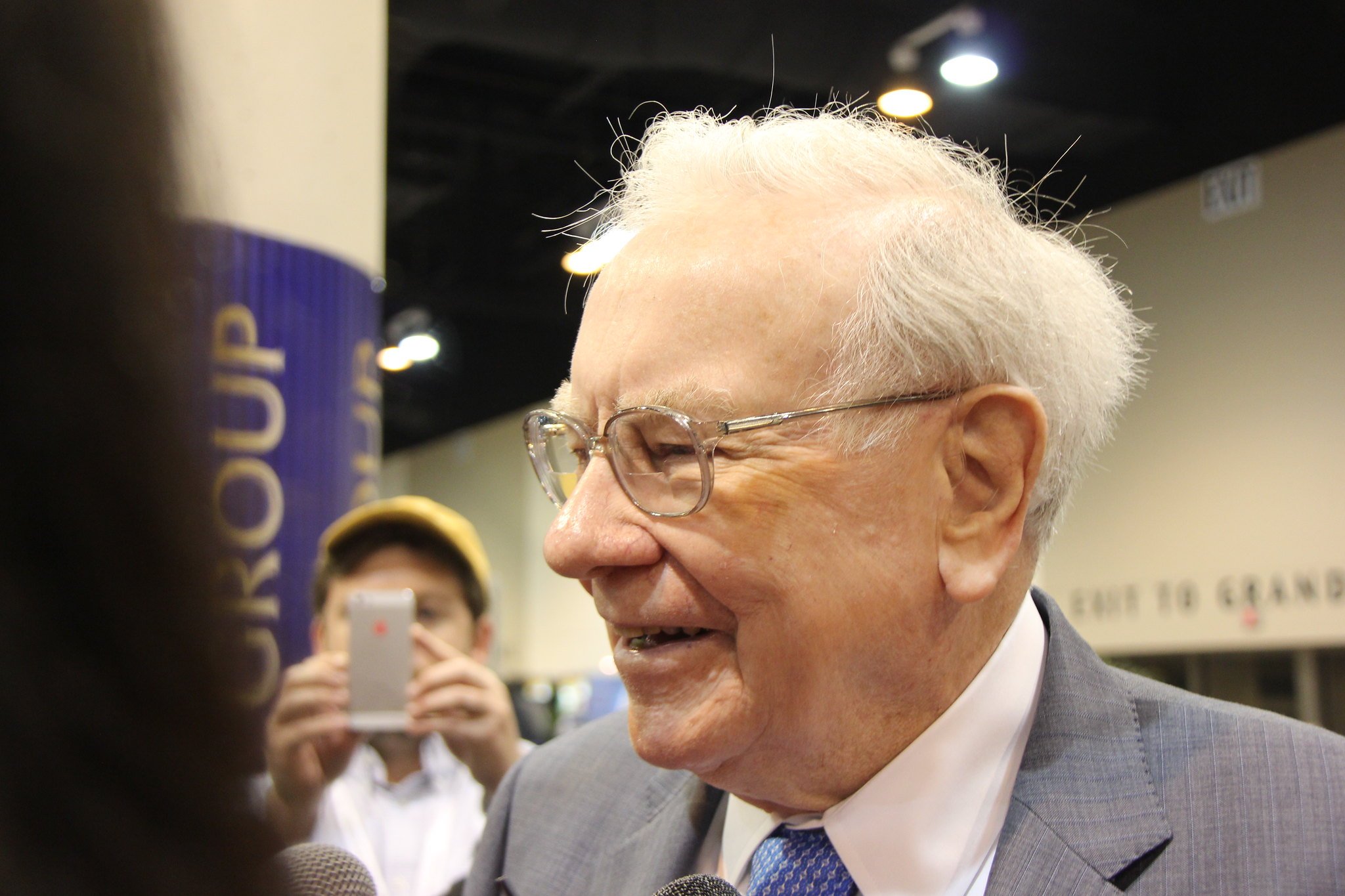When your rolling five-year average return on investment is 71.22%, you're doing something right. One of the financial world's brightest minds, Bruce Berkowitz, has been running his Fairholme Fund since 2000. His performance in the first decade of the fund's existence garnered him Morningstar's Fund Manager of the Decade award in 2010.
And as his fund continues to grow, Berkowitz has taken a special interest in one company, AIG (AIG +0.70%). With a whopping 43.2% of Berkowitz's $6.99 billion fund in AIG shares, the insurance giant represents Fairholme's largest holding. Below are the details that led to Berkowitz's infatuation with AIG as an investment.
Famous contrarian principle
The Fairholme Fund motto is "Ignore the crowd." Standing by this conviction after the financial crisis in 2008-2009, Berkowitz noticed that there was a great value opportunity in several of the nation's financial institutions. Since many investors were staying away, turning the banking and insurance giants into pariahs, it was the perfect time to jump in with both feet. In 2010, he bought the fund's first shares of AIG and later doubled down as the stock declined in 2011. As he stated in his letter to investors in Oct. 2011, "The seeds of great performance are usually sown in times of intense fear after a disaster."
A solid foundation
Berkowitz also follows the principle of investing within your circle of competency, a lesson often taught by Warren Buffett. As a seasoned investor in the insurance sector, Berkowitz was able to recognize that AIG offered great earnings power at an attractive price. He also persevered through tough times in 2011, knowing that the problems plaguing AIG were fixable. As just one example, AIG bought back its shares from the government at a much more accelerated rate than expected, ending the governmental bailout ownership three years early.
As one of the nation's top property and casualty and life insurance providers, AIG had an established network of customers and a solid reputation through its key franchises, Chartis and SunAmerica Financial Group. Those franchises alone accounted for a $4 billion increase in reported revenues between 2010 and 2011. A 93% customer retention rate didn't hurt, either. With those statistics in mind, it became clear that AIG may be vilified for its part in the financial crisis and shunned by investors, but current customers are satisfied with its service and likely to continue their relationship with the insurance giant.
One trait to rule them all
With the confidence in AIG's business and growth potential, Berkowitz zeroed in on one particular characteristic that made AIG a great investment opportunity: It was trading way below tangible book value. As a metric for investors, tangible book value represents the value of a company if it were liquidated. By trading below tangible book value, a stock is deemed less valuable than the value its equity would provide once liabilities were covered by its assets.
AIG continues to trade below tangible book value, but it's not alone.
| Company | Share Price | Tangible Book Value | Discount |
| AIG | $38.58 | $69.19 | 79% |
| Bank of America (BAC +0.23%) | $11.89 | $13.36 | 12% |
| Citigroup (C +0.42%) | $42.91 | $51.19 | 19% |
Source: Yahoo! Finance (stock prices as of 3 p.m. Feb. 7, 2013), YCharts, companies' most recent earnings releases
Bank of America is the Fairholme Fund's second-largest holding at 11.5%, proving that Berkowitz truly sees trading below tangible book value is a huge value play with companies that have solid business practices and growth potential. And while both B of A and Citi have price growth potential as it begins to catch up with TBV, the opportunity may not be as great when compared to AIG.
By the numbers
Berkowitz said in an interview with Bloomberg that he expects to see his top holding increase fourfold over the next five to seven years. That extreme confidence comes from his belief that a 20% implied annual return on investment is reasonable when you buy stock at less than half its book value. As the stock price rises, book value will continue to grow as well, according to Berkowitz -- and so far, AIG has proven him right.
AIG lost 60% of its market value in 2011, but then turned around and gained 47% last year. Despite the stock's price ups and downs, AIG's book value grew 62% during the same time period.
Moving forward
As the air begins to clear around AIG, and the company continues on its path of improvement, Berkowitz is sure that his investments will pay off in spades. Both he and analysts believe that the company has room to grow while making efforts to improve profits and reduce expenses. Berkowitz says he's just waiting for other people to agree with him, at which point the insurance giant will be seen once again as a valuable investment, driving both the stock price and book value up.








